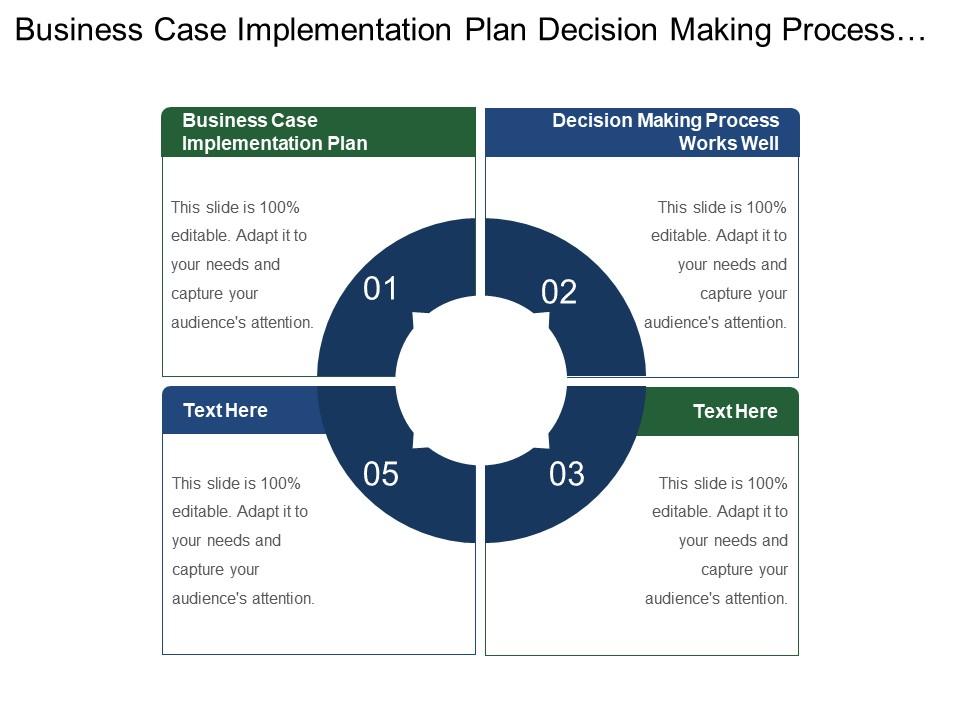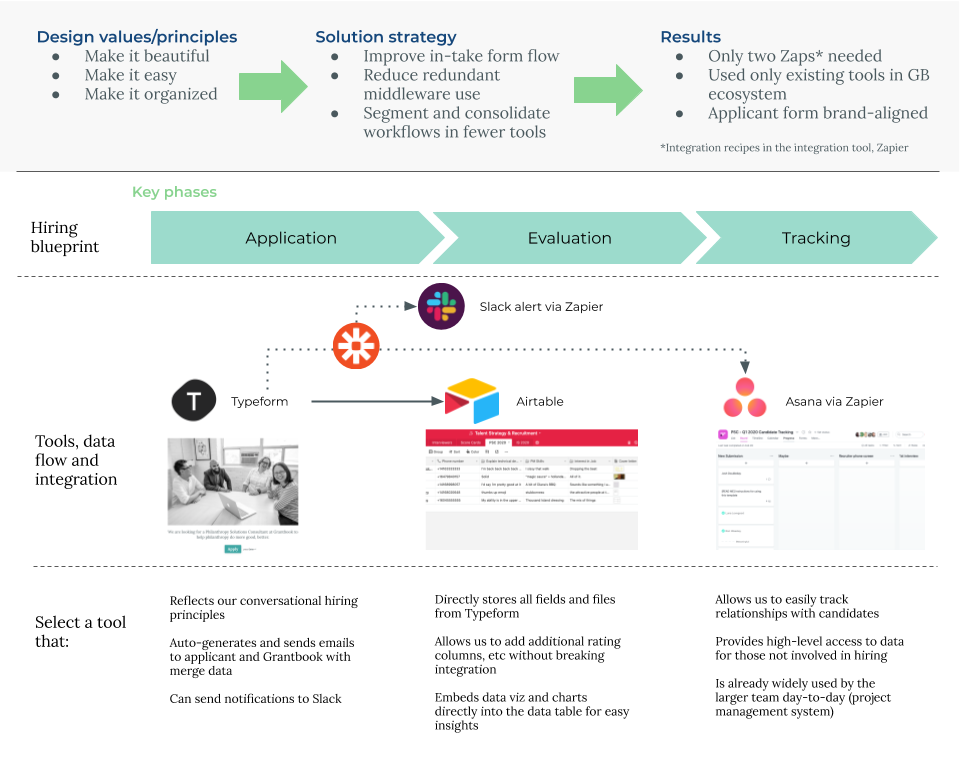The world of technology is rapidly evolving, and the new 5G technology is no exception. With its increased speed and capacity, it has made it possible for businesses to utilize this technology to enhance their operations and services. In this article, we will explore the different 5G use cases, implementation strategies, and benefits that businesses can take advantage of. We will also discuss the potential challenges that businesses may face when implementing 5G technology. So, let’s dive right in and discover how businesses can start taking advantage of this new and exciting technology.
Understanding the Benefits of 5G and How it Influences Businesses

5G is quickly becoming the go-to technology for businesses looking to stay ahead of the competition. With faster speeds, lower latency, and improved reliability, 5G offers businesses a wide range of benefits. Not only can businesses take advantage of faster speeds for downloading and uploading data, but they can also process more data in real-time, enabling them to make faster, more informed decisions. Additionally, 5G improves network capacity, meaning businesses can support more simultaneous users and devices, while also providing better coverage in densely populated areas. This means businesses can reach more potential customers, while also creating better user experiences for existing customers. Furthermore, 5G’s low latency means businesses can deploy more connected devices and applications, such as self-driving cars, drones, and robots, while also creating new opportunities for AI and machine learning. All in all, 5G is a game-changer for businesses, providing them with a host of new opportunities to stay ahead in this rapidly evolving world.
Exploring the Different 5G Use Cases and Their Potential

5G use cases are endless and the potential for new and innovative applications is incredibly exciting. From autonomous robots to virtual reality to enhanced communications, 5G technology is making it possible to develop applications that were once thought to be impossible. 5G is allowing us to do more with less, providing faster speeds, more reliable connections and greater flexibility. From connecting remote workers to expanding our reach with drones, 5G is revolutionizing how we do business and allowing us to push the boundaries of what’s possible. With the introduction of 5G, the possibilities are limitless and the applications are truly astounding. From connected cars to smart cities to augmented reality, 5G is revolutionizing the way we live, work and play. With the introduction of 5G, the future of technology is now and the possibilities are truly endless.
Implementing 5G Network Infrastructure and Security Measures

When it comes to implementing a 5G network infrastructure, it’s important to make sure that you’re taking the right security measures. 5G networks are much faster than their predecessors, so it’s essential to ensure that your data is safe and secure. To do this, you’ll need to invest in the right infrastructure and security tools. First, you’ll need to secure your network by using a firewall and intrusion detection system. Additionally, you should also implement access control measures such as multi-factor authentication, data encryption, and secure authentication protocols. Finally, it’s important to monitor your network for any suspicious activity and respond quickly if any malicious attacks are detected. By investing in the right resources and security measures, you can ensure that your 5G network is secure and your data is safe.
The Impact of 5G on Automation, Machine Learning and Artificial Intelligence

The impact of 5G on automation, machine learning, and artificial intelligence is huge. 5G technology has the potential to drastically increase the speed of automation, allowing machines to process data more quickly and accurately. With 5G, machines will be able to process more data at the same time, and respond more quickly to changes in the environment. This will allow for more efficient automation and faster decision-making. Additionally, 5G technology will enable more powerful machine learning algorithms, giving machines the ability to learn from their own experiences and make better decisions. Finally, 5G technology will be instrumental in the development of artificial intelligence, allowing machines to think more like humans and make decisions based on their own intelligence, instead of relying on pre-programmed logic. 5G technology has the potential to revolutionize the way automation, machine learning, and artificial intelligence are used in the modern world.
Understanding 5G Deployment Challenges and Best Practices for Overcoming Them

When it comes to 5G deployment, there are plenty of challenges to overcome. From cost to infrastructure, there are plenty of things to consider when it comes to expanding your network. The best way to ensure a successful 5G deployment is to understand these challenges and develop best practices for overcoming them. One of the biggest challenges is cost, as the equipment and infrastructure for 5G deployment can be expensive. However, with proper planning, you can minimize the financial impact of 5G implementation. Additionally, you’ll need to consider the location of the deployment. It can be difficult to find the right spot to optimize network performance, so you’ll need to do some research to find the best possible location. Finally, you’ll need to consider the technology available, as 5G requires advanced network infrastructure to function properly. By understanding these challenges and creating best practices to address them, you can ensure that your 5G deployment is a success.





GIPHY App Key not set. Please check settings